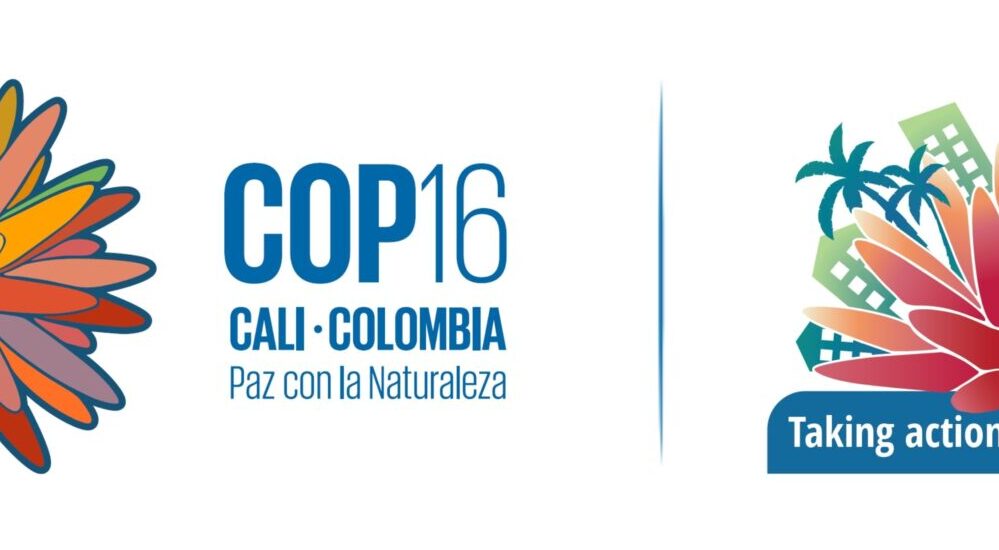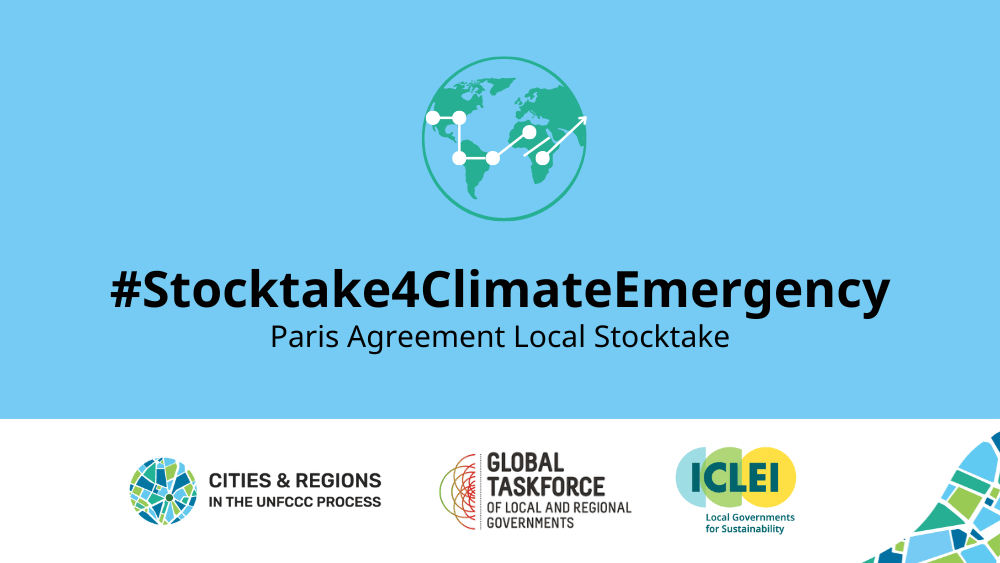Global plastic production has risen exponentially in the last decades to more than 460 million tons per year, and only an estimated 9% has been recycled. Of the 8.3 billion tons of plastics produced since the 1950s, 79% have ended up in landfills or seeped into the environment.
During the ICLEI World Congress 2024, an insightful session on 19 June delved into this pressing environmental issue, exploring how cities can achieve a net-zero outcome by applying a circular economy approach.
The session also provided the opportunity to hold a ceremony to welcome new signatories of the Local and Subnational Governments Coalition to End Plastic Pollution. Representatives from ten local and subnational governments spanning five continents have pledged their support:
- State of Rio de Janeiro, Brazil
- Goyang Special City, Korea
- City of Boulder, USA
- City of Medellín, Colombia
- City of Matosinhos, Portugal
- City of Cape Coast, Ghana
- City of Turku, Finland
- Seongnam City, South Korea
- City of Nansana, Uganda
- City of Chefchaouen, Morocco
Launched on 22 April during Earth Day by ICLEI, the governments of Quebec and Catalonia, and UCLG, the Local and Subnational Governments Coalition to End Plastic Pollution, urges a united front to integrate cities and regions’ voices ahead of the upcoming legally binding Global Plastics Treaty.
The Coalition’s purpose is to ensure that an ambitious but practical instrument is collectively shaped with local and subnational governments, ensuring their participation and resourcing to contribute to ending plastic pollution.
The Coalition thrives thanks to a broad network of partners, including the Global Cities Hub, C40 Cities, Regions4, WWF, and in collaboration with UNEP and UN-Habitat.
Read the full Coalition Statement here and join as a partner or signatory by filling out these forms.





